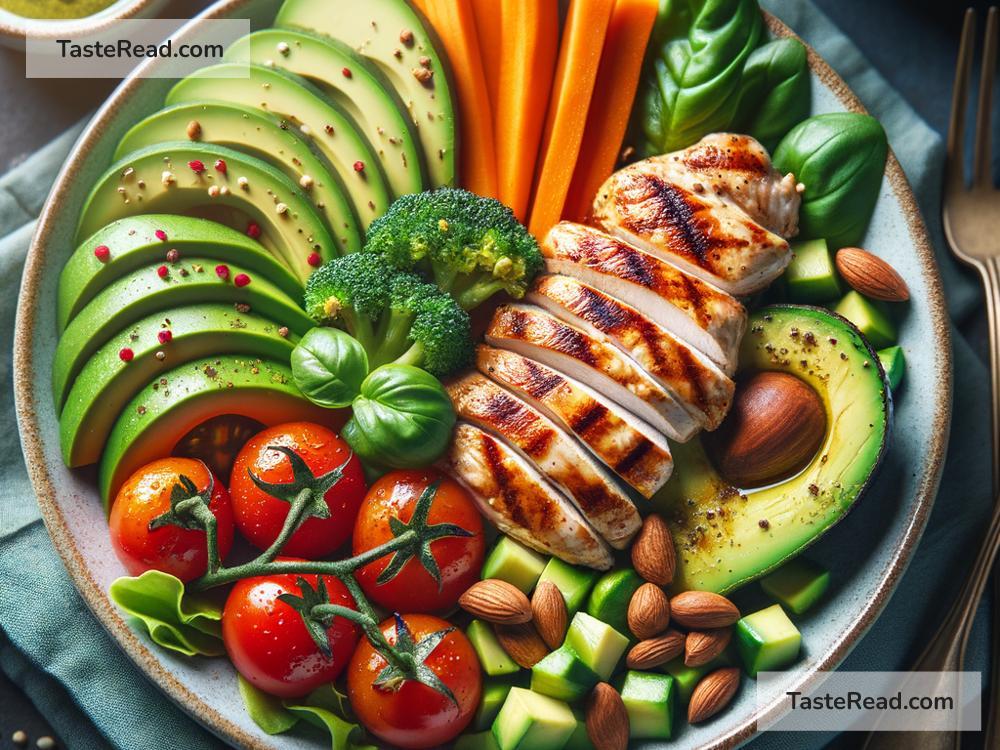Keto and Cholesterol: Dispelling Myths and Understanding Facts
In the world of diets and health trends, keto has been a heavyweight contender for quite some time. Swearing off carbs and embracing fats, people on the ketogenic (keto) diet have reported everything from weight loss to increased energy levels. However, whenever the topic of eating more fats comes up, there’s a shadow that often looms over the conversation: cholesterol. The mere mention of cholesterol brings to mind clogged arteries and heart concerns. But is it all that straightforward, especially in the context of a keto diet? Let’s sift through myths and facts to get a clearer picture.
Demystifying Cholesterol
First things first, cholesterol isn’t the villain it’s often made out to be. It’s a substance found in every cell of your body and plays vital roles in creating Vitamin D, hormones, and substances that help you digest foods. Your body makes all the cholesterol it needs, but it also gets cholesterol from animal-derived foods.
Cholesterol travels through your bloodstream in carriers called lipoproteins, of which there are two main types: Low-density lipoprotein (LDL), often dubbed ‘bad’ cholesterol, and high-density lipoprotein (HDL), known as ‘good’ cholesterol. It’s the balance between these types that often concerns health professionals. High levels of LDL can lead to plaque buildup in arteries, while HDL helps remove cholesterol from your bloodstream.
Keto: A High-Fat Protocol
The ketogenic diet drastically reduces carbohydrate intake, substituting it with fat. This shift pushes your body into a state called ketosis, where it becomes incredibly efficient at burning fat for energy. A common concern arises here – if you’re eating more fat, surely your cholesterol levels must soar, right?
Fact vs. Myth
Myth: Keto Will Skyrocket Your Cholesterol
It’s a common belief that because the keto diet involves consuming a high amount of fats, it will automatically raise your cholesterol levels to dangerous heights. However, the reality is more nuanced. Studies have shown that while some people experience an increase in LDL cholesterol on a keto diet, many actually see an increase in HDL cholesterol and a decrease in triglycerides, which is a type of fat found in your blood and a well-known risk factor for heart disease.
Fact: Individual Responses Vary
One size doesn’t fit all when it comes to dietary responses, and that’s true for the keto diet’s impact on cholesterol as well. Some individuals may experience increases in LDL cholesterol levels; however, the overall particle size of the LDL (yes, size matters here) tends to shift towards a larger, less dense form, which is considered less harmful than the smaller, denser particles. Others may see their HDL levels go up, which is generally considered positive. The crucial takeaway is that individual responses to the keto diet in terms of cholesterol levels can vary greatly.
Myth: All Fats Are Created Equal
When people hear “high-fat” in context with keto, there’s a misconception that this means loading up on all types of fat. In reality, the quality of fat matters immensely. Monounsaturated and polyunsaturated fats (found in avocados, nuts, seeds, and fish) should be prioritized over saturated and trans fats. Quality over quantity always matters.
Fact: Diet Alone Isn’t the Sole Determinant of Cholesterol Levels
While diet plays a critical role in influencing cholesterol levels, it’s not the only factor. Genetics, age, weight, physical activity, and other underlying health issues also significantly impact cholesterol levels. Therefore, blaming or crediting diet alone for changes in cholesterol levels is overly simplistic.
Lowering the Risks
For those considering keto or already on it, monitoring your cholesterol levels through regular check-ups can provide peace of mind and a way to catch any undesired changes early. Also, focusing on the quality of fats, increasing fiber intake (yes, you can eat vegetables on keto!), and maintaining an overall balanced diet can help mitigate potential risks.
Bottom Line
The interplay between the keto diet and cholesterol levels is complex and varies by individual. While the diet can lead to positive changes in cholesterol for many, it can cause concerns for others. Dispelling myths and understanding the nuanced realities allows for a more informed approach to keto. Always consult with a healthcare professional before making significant dietary changes, especially if you have underlying health conditions or concerns about cholesterol.


